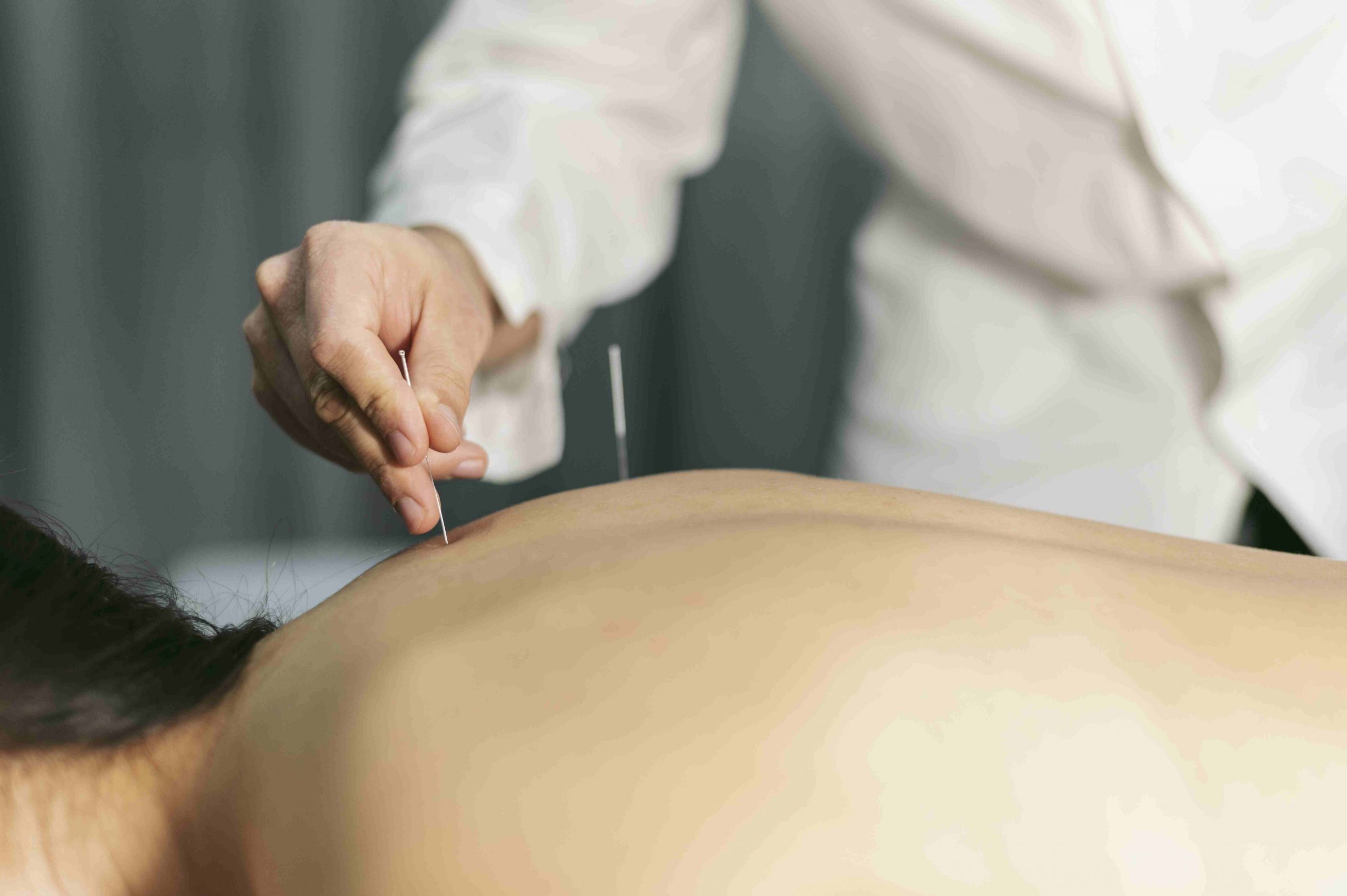Both men and women are experiencing more reproductive problems as a result of modern lifestyle choices such as poor eating habits, sedentary schedules, ongoing stress, etc. Conception becomes tough as a result of these conditions, which imbalances hormone regulation and reproductive health.
Combining traditional medical procedures with alternative therapies has become important for better results as infertility rates continue to rise. Acupuncture, a vital component of Traditional Chinese Medicine, is gaining attention for its contribution to fertility. Research shows that acupuncture for infertility can improve the efficacy of traditional methods such as in vitro fertilization. Let us have a look at how and why acupuncture should be an appropriate treatment method.
Acupuncture, Qi Energy, and Hormonal Balance – How Are They Interrelated?
The ancient Chinese medicine (TCM) technique of acupuncture aims to restore the flow of Qi energy, the essential vital energy that is believed to travel through the body’s channels. Hormonal imbalances resulting from disturbed Qi and blood flow can majorly impact reproductive health.
Acupuncture regulates the endocrine system and balances hormones like progesterone and estrogen by treating certain acupoints near reproductive organs. This holistic method strengthens uterine health, promotes egg development, and improves ovarian function. Acupuncture’s capacity to alleviate stress further supports hormonal stability and fosters a favorable environment for conception.
Impact of Acupuncture for Hormonal Balance:
- Regulates Hormones: It aids in balancing the estrogen and progesterone levels, which are necessary for ovulation and a regular menstrual cycle.
- Improves Ovarian Function: Stimulates ovarian follicles, improving egg quality and maturation.
- Reduces Stress: Low cortisol levels can negatively impact fertility by disrupting hormonal balance.
- Improves Uterine Health: Promotes a thicker uterine lining, increasing the chances of successful implantation.
- Boosts Blood Flow: Enhances circulation to reproductive organs, nourishing them for optimal function.
How Acupuncture Works for Fertility Issues?
Infertility treatment with acupuncture improves reproductive health through a number of linked processes. Through the insertion of tiny needles into particular acupoints, acupuncture regulates a number of physiological functions and promotes the flow of Qi, the body’s energy.
The following are important mechanisms:
- Hormonal Regulation: Acupuncture balances reproductive hormones essential for ovulation and egg development, such as luteinizing hormone (LH) and follicle-stimulating hormone (FSH). This regulation can raise the likelihood of conceiving and enhance ovarian function.
- Better Blood Flow: The practice enhances blood circulation to the uterus and ovaries, ensuring that these organs receive adequate nutrients and oxygen. Increased blood flow can lead to better egg quality and a thicker uterine lining, both vital for successful implantation.
- Stress Reduction: Acupuncture has been found to reduce stress by encouraging relaxation and decreasing anxiety. Effective stress management can enhance reproductive results as stress can have a detrimental influence on fertility.
- Neuroendocrine Influence: Acupuncture reduces stress by boosting the release of relaxing hormones and inhibiting anxiety. Effective stress management can improve reproductive results, which can negatively affect fertility.
- Semen Quality Improvement: In men, acupuncture can enhance sperm count and motility by improving blood flow to the reproductive organs and regulating hormone levels.
These combined effects make acupuncture an effective alternate treatment for individuals and couples facing fertility challenges. In some cases, acupuncture has also contributed to a potential increase in the success rates of conventional treatments like IVF.
IVF and Acupuncture Treatment
Acupuncture may help regulate hormones, improve menstrual cycles, and promote ovulation prior to an IVF cycle. It also treats the central nervous system, which reduces stress.
Acupuncturists who practice IVF recommend a brief treatment before and just after an embryo transfer to improve implantation rates. If done at the right moment, acupuncture may help calm the uterus during the transfer.
The IVF-practicing acupuncturists advise acupuncture treatment both before and immediately after each embryo transfer to boost the chances of better embryo implantation. If acupuncture is performed at the appropriate time, it may help relax the uterus during the transfer.
Talking to your fertility doctor about your decision to try acupuncture beforehand is crucial if you are currently undergoing IVF therapy. You can make sure that your acupuncturist and fertility expert collaborate to provide you with the finest care and treatment by keeping them both informed.
Takeaway – Acupuncture is your Treatment for Fertility Issues
The majority of fertility issues can now be treated with the help of acupuncturists, who specialize in such conditions. Every other disease or problem in your body is somehow linked to energy imbalance or blockage. Thus, it is necessary to keep the energy channels flowing continuously to avoid any issues related to fertility in women and men.
At Hannah Integrative Health, fertility acupuncturists start with an integrated assessment of your medical history to understand the roadblocks in your Qi energy. This helps them to create a customized plan that caters to your fertility treatment needs.

